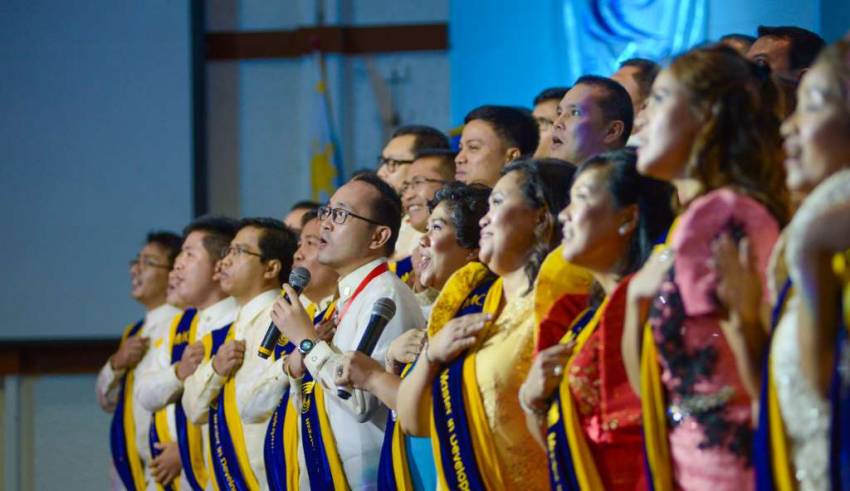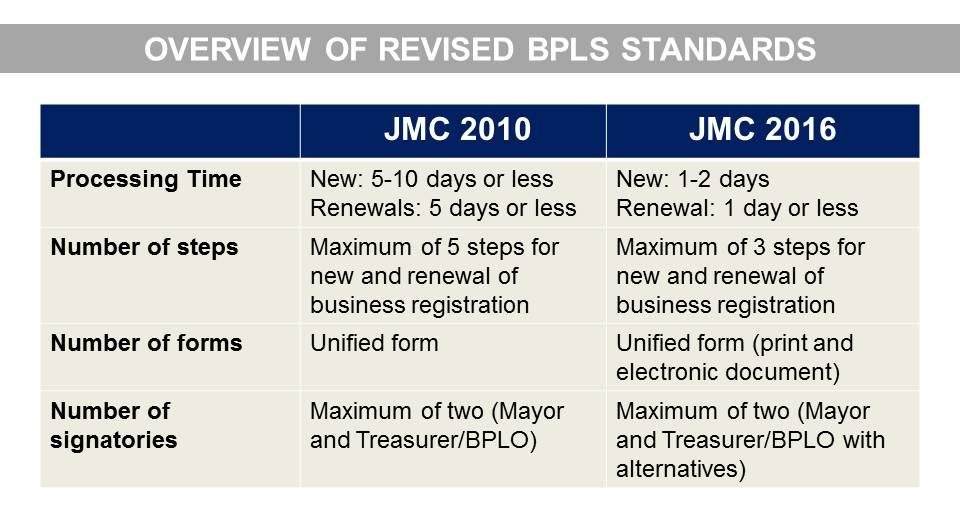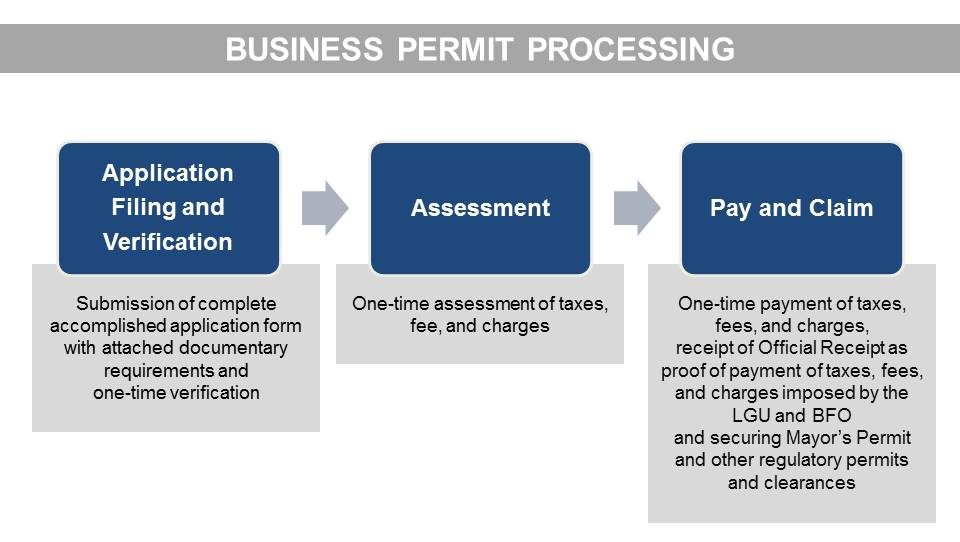Government agencies are often stereotyped as inefficient, inaccessible and unresponsive, while its employees are overpaid yet mediocre, and less accountable compared to their counterparts in the private sector. The Philippine Government, with President Rodrigo Duterte at the helm, has been highlighting the need to breakaway from these stereotypes. In his message on the National Budget for 2017, President Duterte emphasized strengthening the accountability for results in implementing development programs to ensure its effective delivery of services to the Filipino people. The Results-Based Performance Management System, or RBPMS, is a unified system for monitoring, evaluating, and reporting the performance of national government agencies. It is an effort to rationalize, harmonize, and integrate the various performance management systems and activities. It also incorporates other metrics on performance excellence such as citizen satisfaction, financial stewardship, internal process efficiency, and leadership, learning and growth. The RBPMS also serves as the basis for determining entitlement for incentives of agencies and employees. The Performance-Based Incentive System which consists of the Productivity Enhancement Incentive and the Performance-Based Bonus is adopted in 2012 with the goal of recognizing commendable accomplishments of agencies and employees in the government. PEI is granted to all public sector employees, while the PBB is a top-up bonus based on the performance of agencies and employees. For the past five years, PBIS has achieved the following:
- High participation of agencies
The RBPMS provides a mechanism for government agencies to track their performance in achieving their commitments. From 96 percent in 2012, the PBB participation rate has increased to 99 percent to include almost all national agencies with the exclusion of the Commission of Elections and the Congress (Senate and House of Representatives). 
- Increased compliance to governance standards
The RBPMS framework challenges government agencies and employees to adhere to existing laws and regulations promoting fiscal transparency and process accountability. The implementation of PBB has encouraged agencies to comply with good governance conditions such as budget and procurement disclosures, liquidation of cash advances, and the Anti-Red Tape program.  Meanwhile, the compliance rate on Quality Management System- ISO Certification/Operations Manual, Annual Procurement Plan, and Agency Procurement Compliance and Performance Indicators System slightly declined from 2015 to 2016.
Meanwhile, the compliance rate on Quality Management System- ISO Certification/Operations Manual, Annual Procurement Plan, and Agency Procurement Compliance and Performance Indicators System slightly declined from 2015 to 2016.
- Better understanding of agency roles and mandates
Agencies participating in PBIS have developed a better understanding of their respective roles and mandates. Since the accomplishment of Major Final Outputs is one of the PBB criteria, employees have become more aware of their roles and how it impacts to the achievement of their MFOs.
- Improvements in the quality of performance indicators
PBIS has encouraged the shift from measuring quantity in outputs to using quality and timeliness performance indicators and targets which is a more strategic indicator of the impact of public sector services. It has also pushed the agencies to track their performance indicators and their achievements of good governance conditions and post them on their websites.
- Improvements in management practices
RBPMS has been a guiding tool to ensure that individual and organizational performances are aligned to the national agenda. It also promotes collaboration and teamwork within the agencies. Between September 2013 and March 2014, the World Bank conducted an evaluation on the effectiveness of the PBB. Particularly, PBB is perceived to improve management practices and promote teamwork within and among agencies. The Bank has recommended restructuring the PBB to provide greater weight to the unit’s bonus, to increase the amount of PBB, to enhance the efficiency and transparency of the PBB process and develop new ideas for the advancement of RBPMS. The implementation of the PBIS, and the RBPMS, in general, has enabled the government to build the foundations of a performance culture in the public sector. Moving forward, an improved PBIS will be implemented with a focus on President Duterte’s directive to streamline the process and make expedient transactions with the public, particularly in frontline services. Further, it will feature enhanced good governance conditions aligned with empowering citizens with access to government information; and increase the responsiveness of agencies in addressing audit recommendations from the previous year.


 In compliance to JMC 2010, 1,017 out of 1,389 LGUs can currently process new business applications in less than 10 minutes to 2 days while 1,139 out 1,389 can process the renewal of business permits in less than 10 minutes to 1 day. In JMC 2016, LGUs are also encouraged to issue other permits such as sanitary permits, environmental, and agricultural clearances together with the business or Mayor’s permits. They are also directed to employ queuing mechanisms to better manage the applications as well as to provide priority to senior citizens, pregnant women, and persons with disabilities.
In compliance to JMC 2010, 1,017 out of 1,389 LGUs can currently process new business applications in less than 10 minutes to 2 days while 1,139 out 1,389 can process the renewal of business permits in less than 10 minutes to 1 day. In JMC 2016, LGUs are also encouraged to issue other permits such as sanitary permits, environmental, and agricultural clearances together with the business or Mayor’s permits. They are also directed to employ queuing mechanisms to better manage the applications as well as to provide priority to senior citizens, pregnant women, and persons with disabilities.  To support the revised BPLS standards, complementary reforms are being implemented such as streamlining the process of securing Fire Safety Inspection Certificates, establishing Business One-Stop-Shop (BOSS) facilities, and establishing an LGU-based joint inspection team. JMC 2016 also recommends LGUs to automate and computerize business transactions with the help of DICT to further streamline the delivery of frontline services. The automation allows the retrieval of previously submitted information to minimize required forms or fields; consolidation and retrieval of negative lists/positive findings for one-time verification; assessment of business tax, charges and fees; printing of tax order of payment; and, printing of business permit and other permits and clearances. To date, 577 out of 1,389 LGUs have automated their BPLS processes. In the long term, the BPLS working group is hoping to make the entire registration process online. This will significantly improve the speed and efficiency of rendering services and will make it possible for LGUs to process business registration in one day. It will also eliminate corruption, as it will reduce face-to-face interaction. These reforms are aimed to provide the public with quality services with least inconvenience and expense and ultimately, to improve the Philippines’ competitiveness and attractiveness to investors.
To support the revised BPLS standards, complementary reforms are being implemented such as streamlining the process of securing Fire Safety Inspection Certificates, establishing Business One-Stop-Shop (BOSS) facilities, and establishing an LGU-based joint inspection team. JMC 2016 also recommends LGUs to automate and computerize business transactions with the help of DICT to further streamline the delivery of frontline services. The automation allows the retrieval of previously submitted information to minimize required forms or fields; consolidation and retrieval of negative lists/positive findings for one-time verification; assessment of business tax, charges and fees; printing of tax order of payment; and, printing of business permit and other permits and clearances. To date, 577 out of 1,389 LGUs have automated their BPLS processes. In the long term, the BPLS working group is hoping to make the entire registration process online. This will significantly improve the speed and efficiency of rendering services and will make it possible for LGUs to process business registration in one day. It will also eliminate corruption, as it will reduce face-to-face interaction. These reforms are aimed to provide the public with quality services with least inconvenience and expense and ultimately, to improve the Philippines’ competitiveness and attractiveness to investors. 





